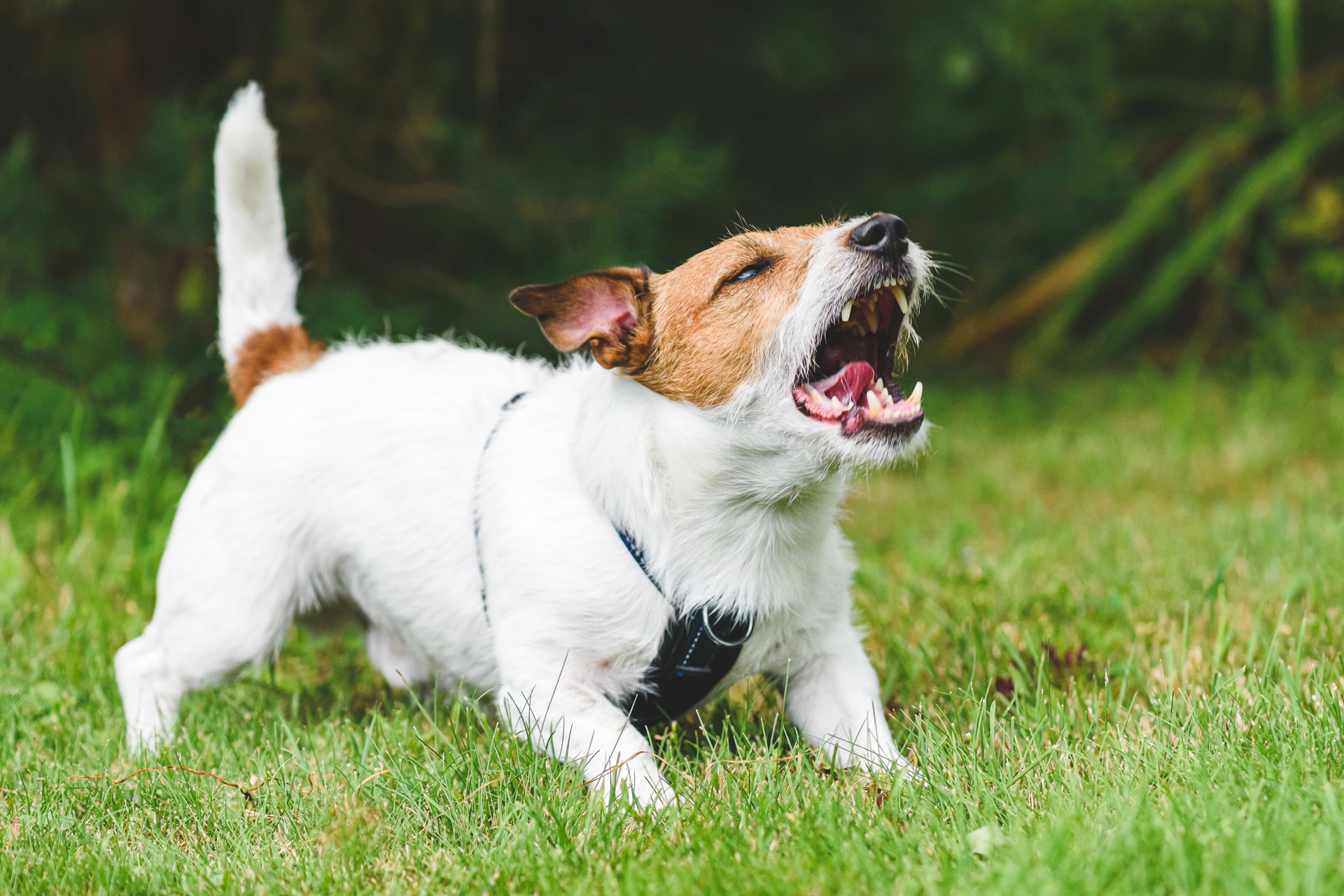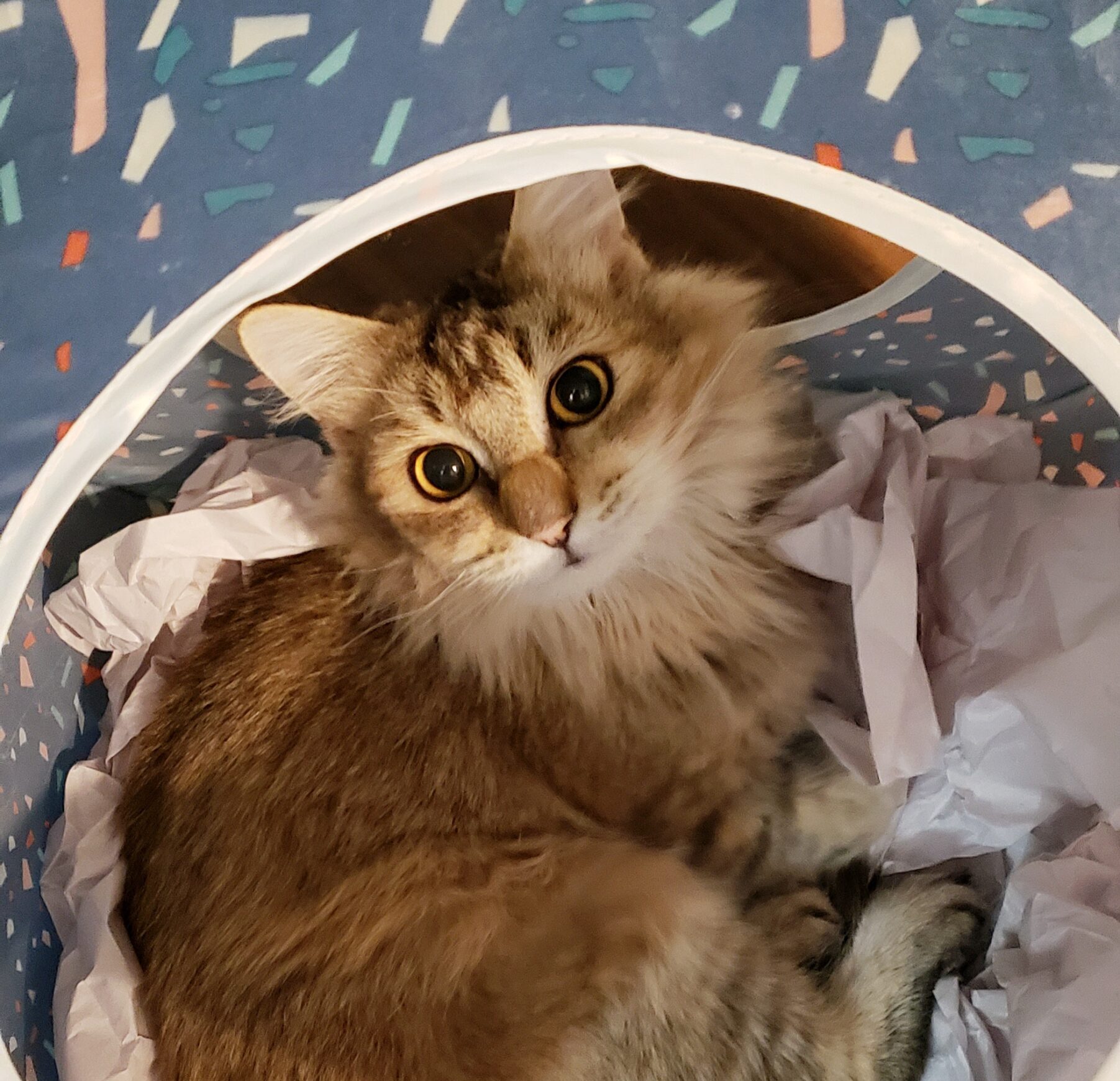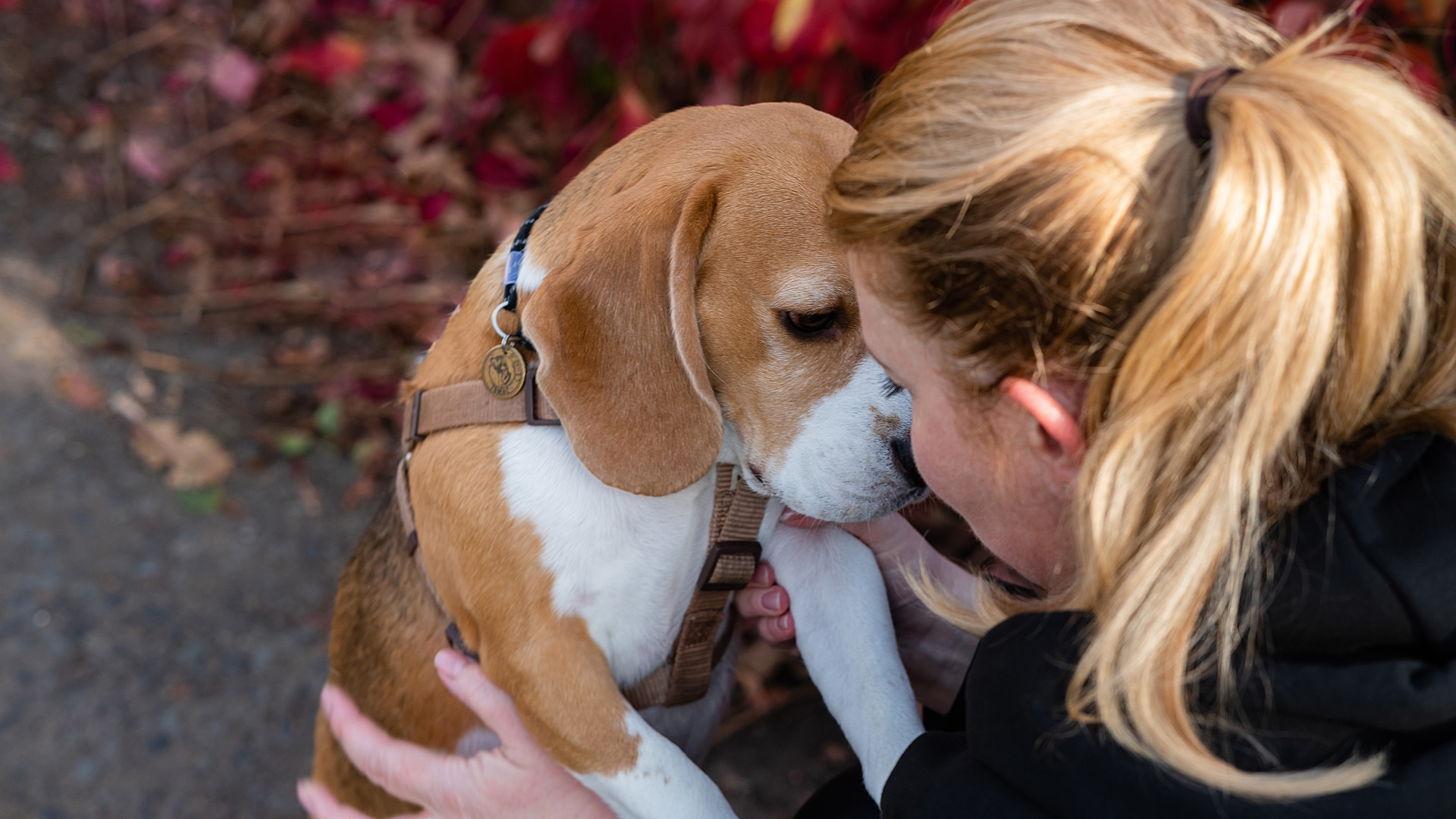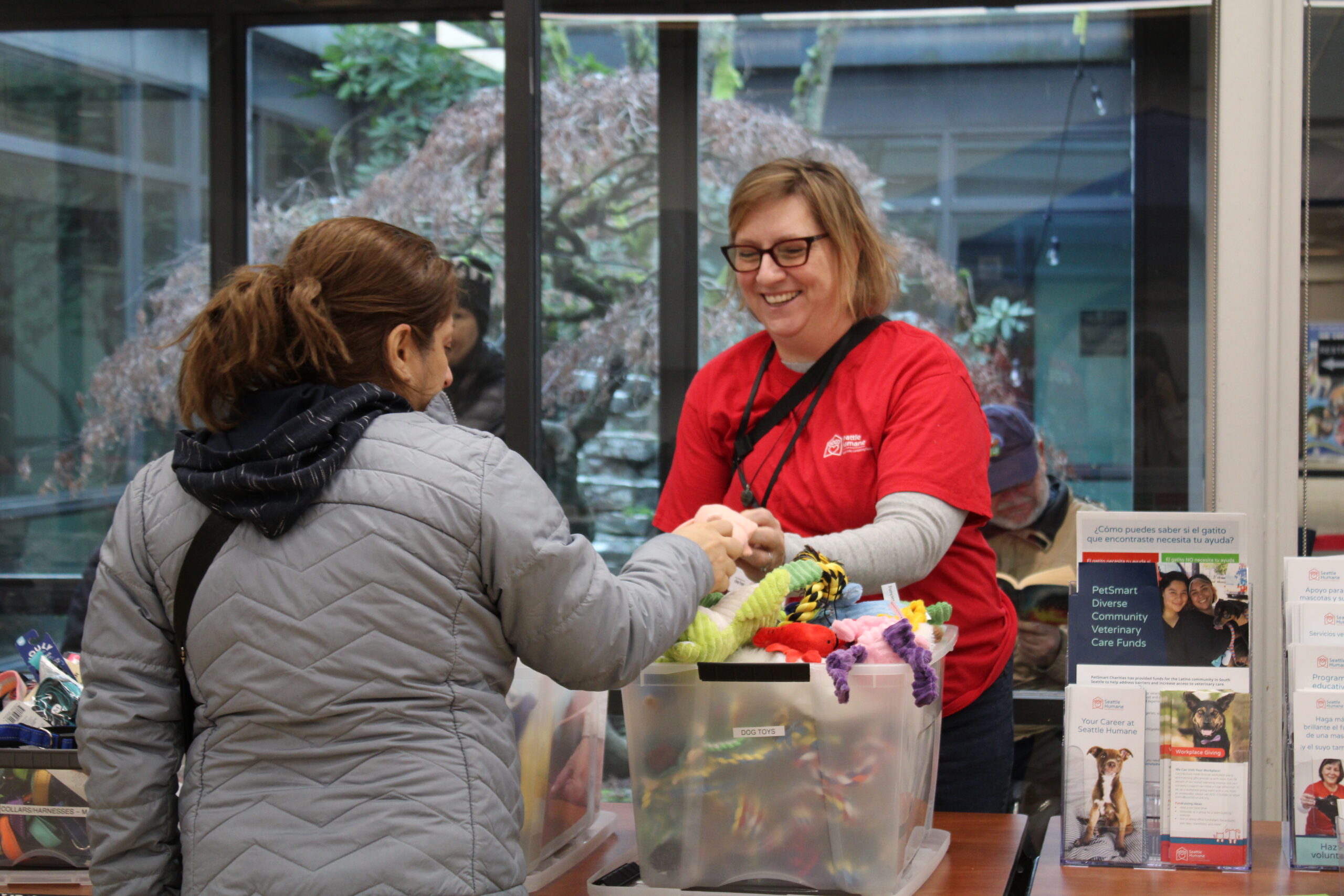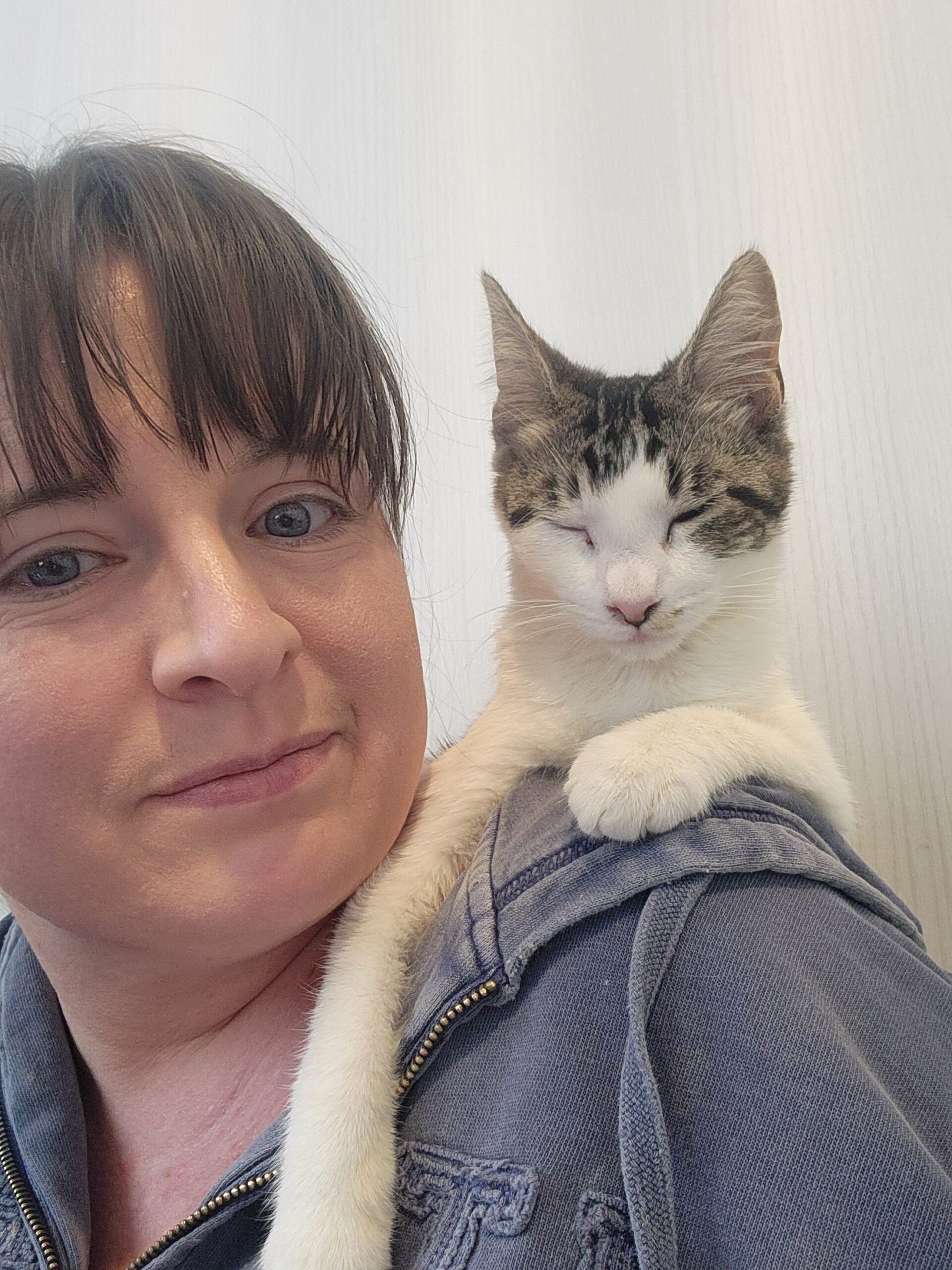It’s almost 2017, and New Year’s Eve is quickly approaching! Before you begin your festivities, check out our tips to keep your pets happy and safe:
1. Exercise your pets.

Before celebrations begin, exercise your pets until they’re calling “uncle!” It’s best to exercise both dogs and cats 1-2 hours before the celebration so that they remain wiped out! Well exercised pets make for calmer and happier pets during the stress of the holidays.

For cats, throw their favorite toy around to chase or tease them with a cat wand for 15-30 minutes, depending on your cat’s activity level. You’ll know when your cat is satisfied when they start panting or lose interest.
2.Feed them before festivities.

After their thorough exercise, feed your dogs and cats a good meal. Don’t hesitate to treat them either! Pets with full tummies tend to be calmer and less reactive to changes in their environment.
But don’t give them new treats or fatty table scraps, this can cause stomach upset and make for a nervous pet.
3. No furry guests.

Unless your dog has a previous friendship with your guest’s dogs, it’s best to have your guests leave their furry friends at home. This is especially important if you have a cat. New animals in your pets’ territory can cause stress and even fights between the pets.
Tell your guests to leave their pets at home for a fun and smooth New Year’s Eve.
4. Give them a room of their own.

If your pets get nervous in large crowds, set up a comfortable room just for your pets. Move their beds, kitty condos, and favorite blanket into a quiet room. This will allow them much needed space from the festivities.
5. Provide white noise.

To dull out the sounds of people or fireworks, add some white noise (Dohm white noise machine pictured above) or soft classical music in their designated room. These positive sounds will dull out the stressful loud bangs from lots of movement or fireworks, making your pets calmer and happier.
6. Occupy them with toys and food puzzles.

To help distract them further, throw in your pet’s favorite toy. If your pet is more food motivated, a food puzzle stuffed with their favorite treat to keep them bust.
Planning on stuffing food puzzles with peanut butter? Make sure it’s xylitol-free, as xylitol is highly toxic to both dogs and cats.
7. Use natural calming methods.
If your pet needs extra help to remain calm, natural calming methods are an excellent option!

For dogs, lavender essential oil (specifically, Lavandula angustifolia) has been shown to reduce heart rate, movements, and vocalizations during stressful situations. You can administer this by applying a few drops to their bed, blanket, or behind their ears. Do not mix it in with their food or water!

Alternatively, you can use an essential oil diffuser. Pheromone based treatments, such as Comfort Zone, Adaptil, and Sentry, are also options to keep your dogs calm. However, lavender oil treatments usually see better results over pheromone.
For cats, a plug-in pheromone diffuser, such as Feliway, sees the best results. It slowly releases the calming pheromone found in cat’s cheeks.
8. Comfort them.

Don’t hesitate to take a break from your festivities to check on your pets. If they are showing signs of distress, excuse yourself and spend a few minutes petting, cuddling, and reassuringly talking to them in a soft voice. Often times, a quick check-in is all your pet needs to feel secure.
9. Opt for a quiet New Year’s Eve.

If your pet has unmanageable separation, crowd, or noise anxiety, opt for a quieter New Year’s Eve. Consider gathering some friends to go on a camping trip or pitching in towards a cabin far away from fireworks and crowds.
Also, opt out of hosting parties and go to on instead. But make sure to leave your pets at home in a confined room with the tips above!
10. Talk to your vet.

Last, but not least, if your pet’s anxiety cannot be managed by the tips above, consult your vet. Severe anxiety may be a symptom of a more serious underlying issue that may require medication and treatment.


